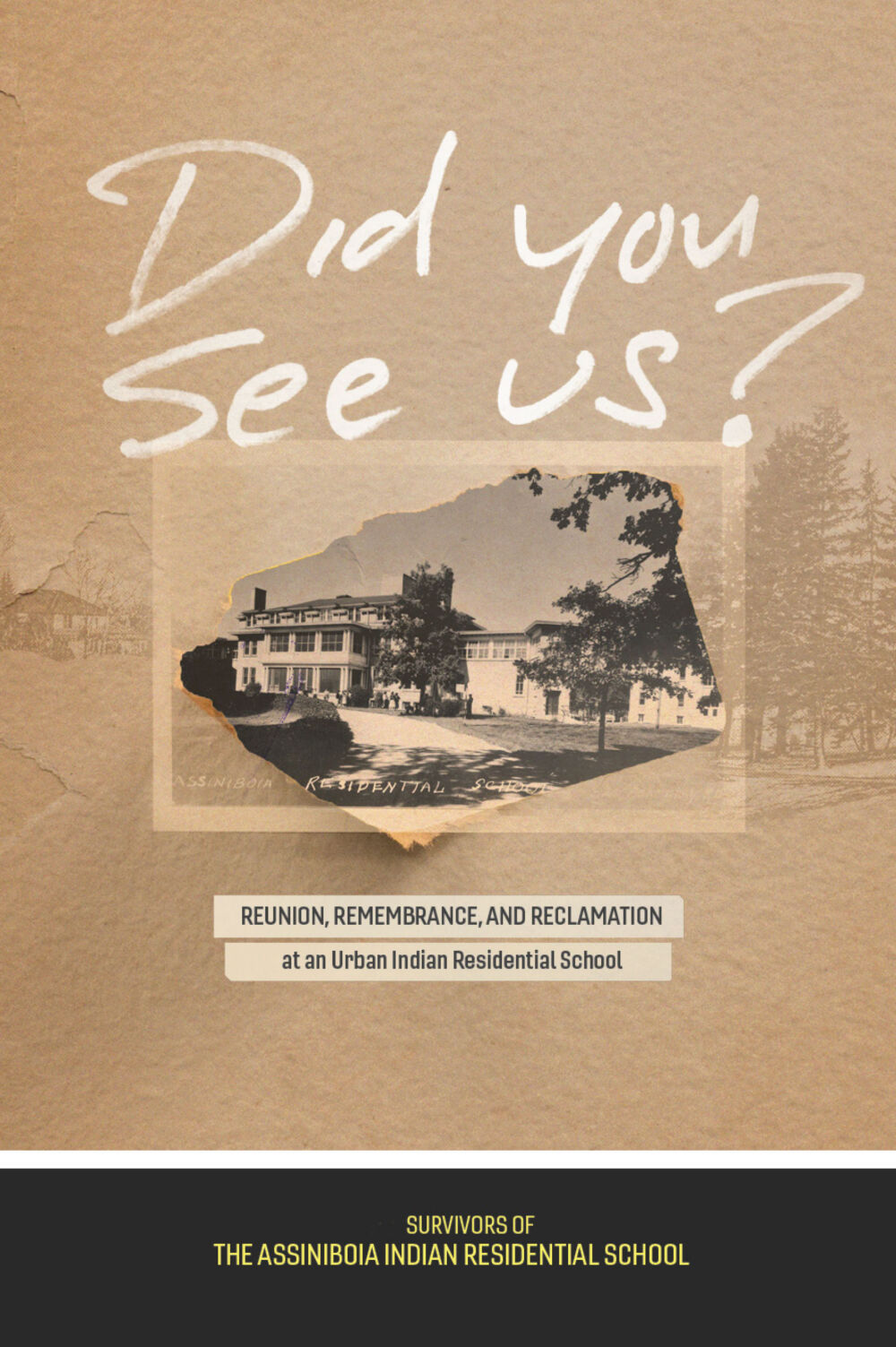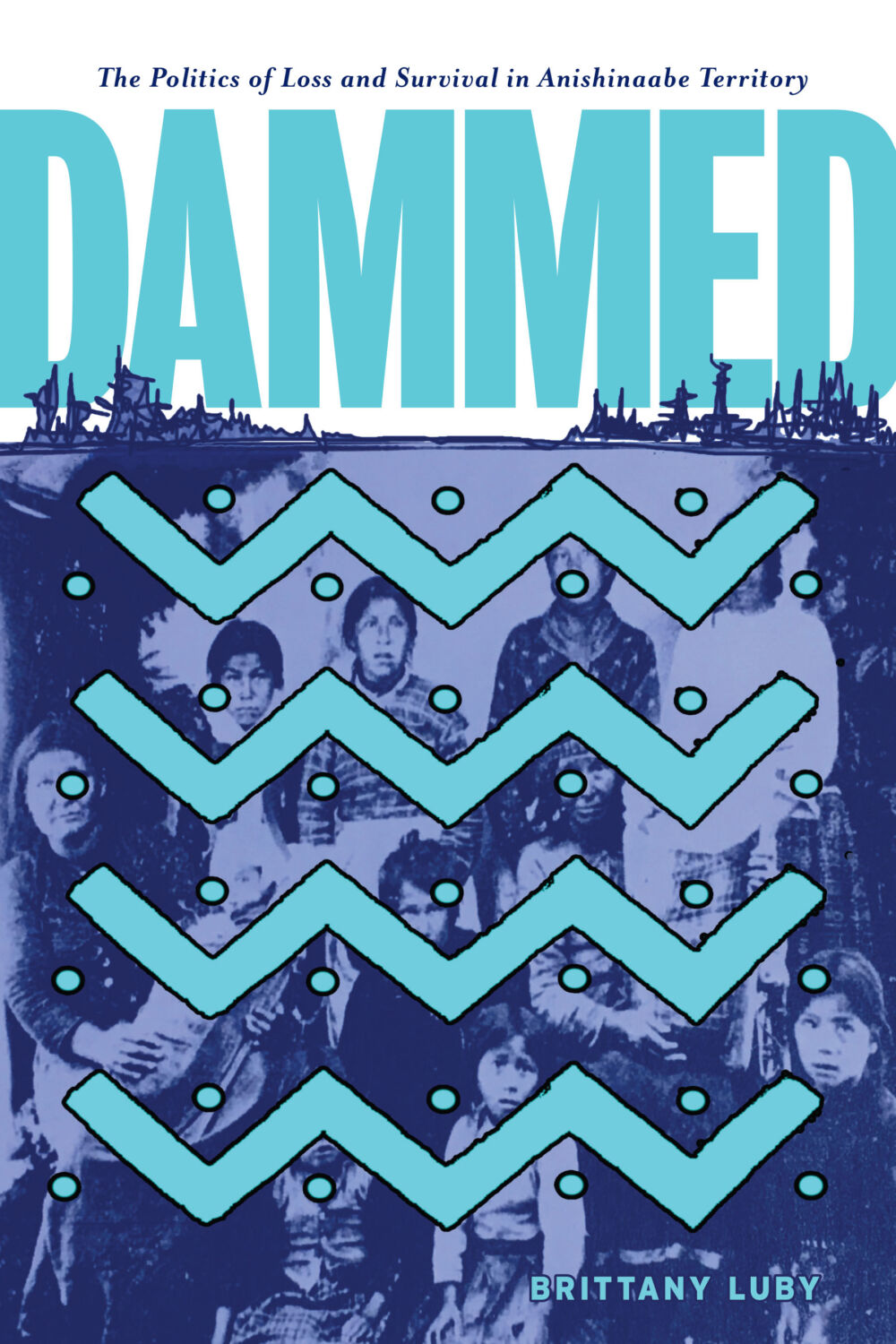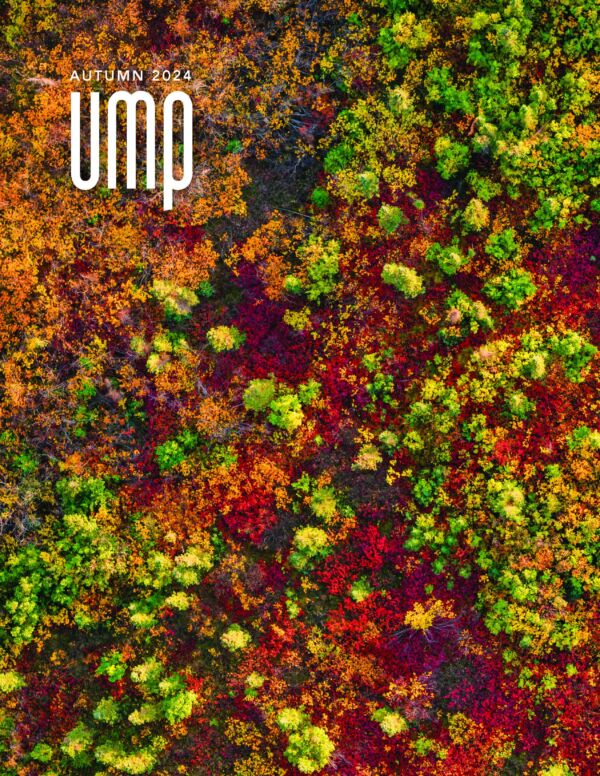
June is Indigenous History Month! We've put together a reading list of six titles that illuminate aspects and perspectives of history that have often been purposefully ignored. In reframing and reclaiming the past, these authors offer possibilities for reconciliation and truth-telling today.

Stitching together memories of arrival at, day-to-day life within, and departure from the Assiniboia school with a socio-historical reconstruction of the school and its position in both Winnipeg and the larger residential school system, Did You See Us? offers a glimpse of Assiniboia that is not available in the archival records. These stories show how residential schools were often complex spaces where forced assimilation and Indigenous resilience co-existed.

Aboriginal™ argues the term "Aboriginal" was a tool used to advance Canada’s cultural and economic assimilatory agenda throughout the 1980s until the mid-2010s. Jennifer Adese reveals how the word engenders a kind of “Aboriginalized multicultural” brand easily reduced to and exported as a nation brand, economic brand, and place brand—at odds with the diversity and complexity of Indigenous peoples and communities.

Dammed, winner of the Governor General's History Award for Excellence in Scholarly Research, explores Canada’s hydroelectric boom in the Lake of the Woods area. Governments and developers excluded the Anishinabeg from planning and operations and failed to consider how power production might influence the health and economy of their communities. Brittany Luby weaves text, testimony, and experience together, grounding this historical work in the territory of her paternal ancestors, lands she calls home.

Dadibaajim narratives are of and from the land, born from experience and observation. Invoking this critical Anishinaabe methodology for teaching and learning, Helen Agger documents and reclaims the history, identity, and inherent entitlement of the Namegosibii Anishinaabeg to the care, use, and occupation of their Trout Lake homelands. Winner of the Canadian Historical Association Indigenous History Book Prize, Dadibaajim fills in the silences and omissions of the colonial record

Legends of the Capilano updates E. Pauline Johnson’s 1911 classic Legends of Vancouver, restoring Johnson’s intended title for the first time. This new edition celebrates the storytelling abilities of Johnson’s Skwxwú7mesh (Squamish) collaborators, Joe and Mary Capilano, and supplements the original fifteen legends with five additional stories narrated solely or in part by Mary Capilano, highlighting her previously overlooked contributions to the book.

I Will Live for Both of Us offers a personal reflection on recent political and environmental history in Nunavut and a call for a future in which Inuit traditional laws and values are respected and upheld. Together with Warren Bernauer and Jack Hicks, Joan Scottie brings her perspective as a hunter, Elder, grandmother, and community organizer to bear on important political developments and conflicts in the Canadian Arctic since the Second World War.
Posted by U of M Press
June 3, 2024
Categorized as Reading Lists
Contemporary Indigenous Voices Reading List Canada Day Reading List




